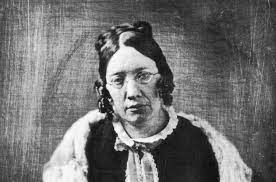THE DUTY OF AMERICAN WOMEN TO THEIR COUNTRY.
by
September 27th, 2023
Audio Presented by

Trailblazing American educator, advocated female education and kindergarten integration.
About Author
Trailblazing American educator, advocated female education and kindergarten integration.
